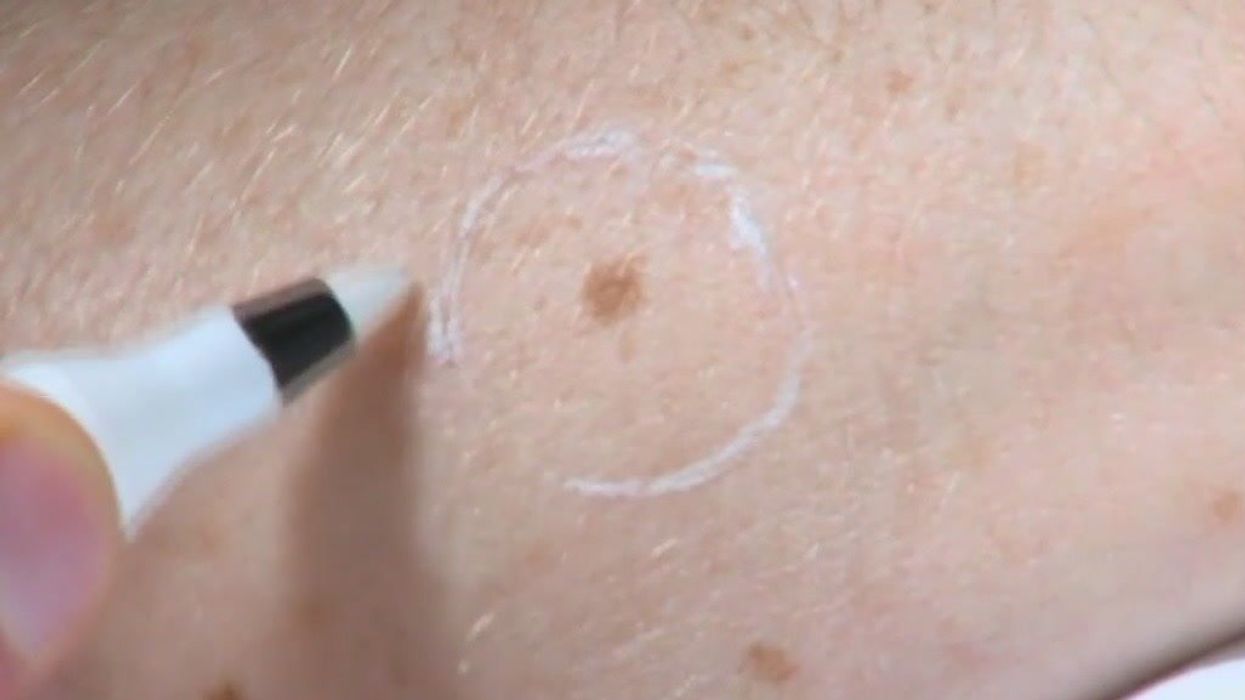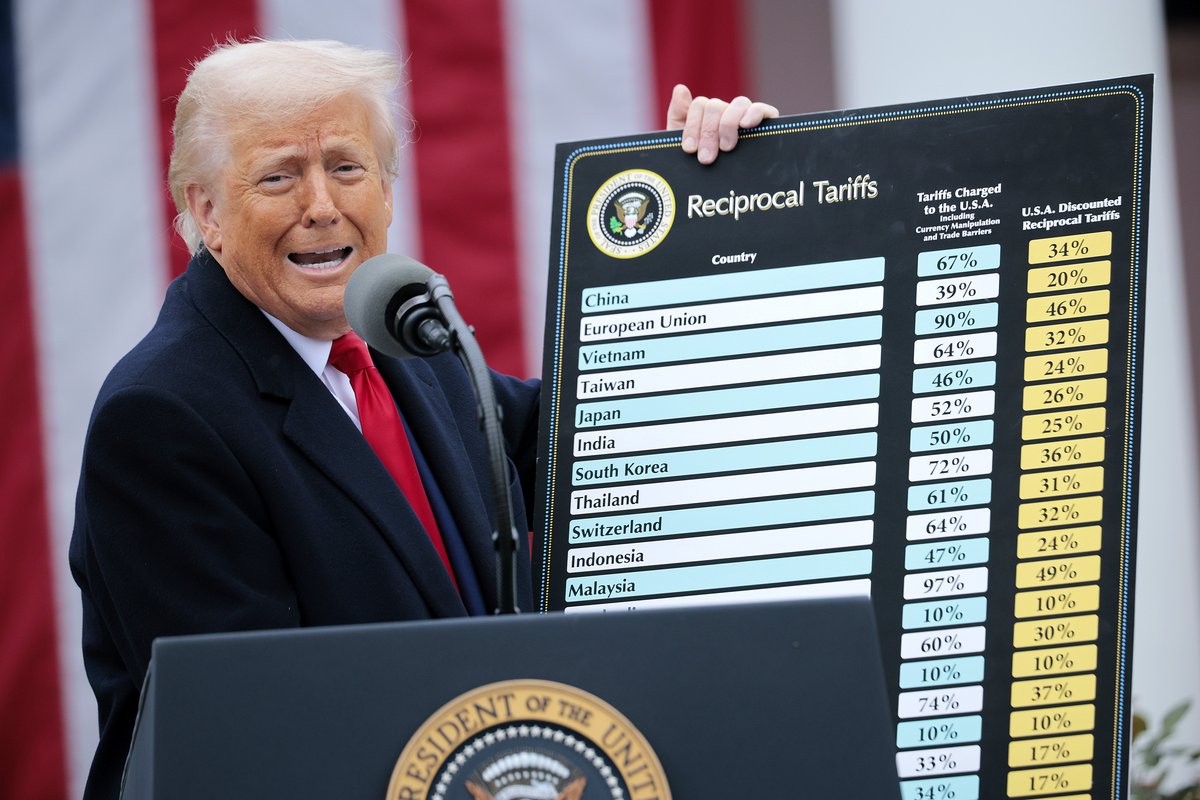Related video: Custom skin cancer treatment cuts recurrence
A special form of molecule has been found to "tear apart" the membranes of cancer cells once activated, a promising new study by scientists at Rice University in Texas has revealed.
Known as aminocyanine molecules – and commonly used as synthetic dyes in medical imaging – their atoms can vibrate in unison and form a "plasmon" when hit with near-infrared light, causing cancer cells’ membranes to rupture.
And this treatment – through the use of what researchers are calling “molecular jackhammers” – is unbelievably effective, going by the study’s results.
It had a 99 per cent efficiency against human melanoma cells in the lab, while half of mice with melanoma tumours were cancer-free after receiving treatment using this method.
Ciceron Ayala-Orozco, a research scientist at Rice University and a lead author on the study, said: “These molecules are simple dyes that people have been using for a long time. They’re biocompatible, stable in water and very good at attaching themselves to the fatty outer lining of cells.
“But even though they were being used for imaging, people did not know how to activate these as plasmons.
“This study is about a different way to treat cancer using mechanical forces at the molecular scale.”
The use of near-infrared light is important here because it enables scientists to get deeper into the body. Cancer in bones and organs could potentially be treated without needing surgery to get to the cancer growth
The research was published in the Nature Chemistry journal earlier this month.
It’s just another ground-breaking discovery in the battle against cancer, after a revolutionary cancer-killing virus was injected into the first human patient last year, and scientists found a way to self-destruct cancer cells back in 2017.
Meanwhile the pharmaceutical giant Moderna (of Covid vaccine fame) has created a vaccine which has been found to slash the risk of death from or recurrence of a type of skin cancer by 44 per cent, when combined with the immunotherapy drug Keytruda.
Sign up to our free Indy100 weekly newsletter
Have your say in our news democracy. Click the upvote icon at the top of the page to help raise this article through the indy100 rankings.














